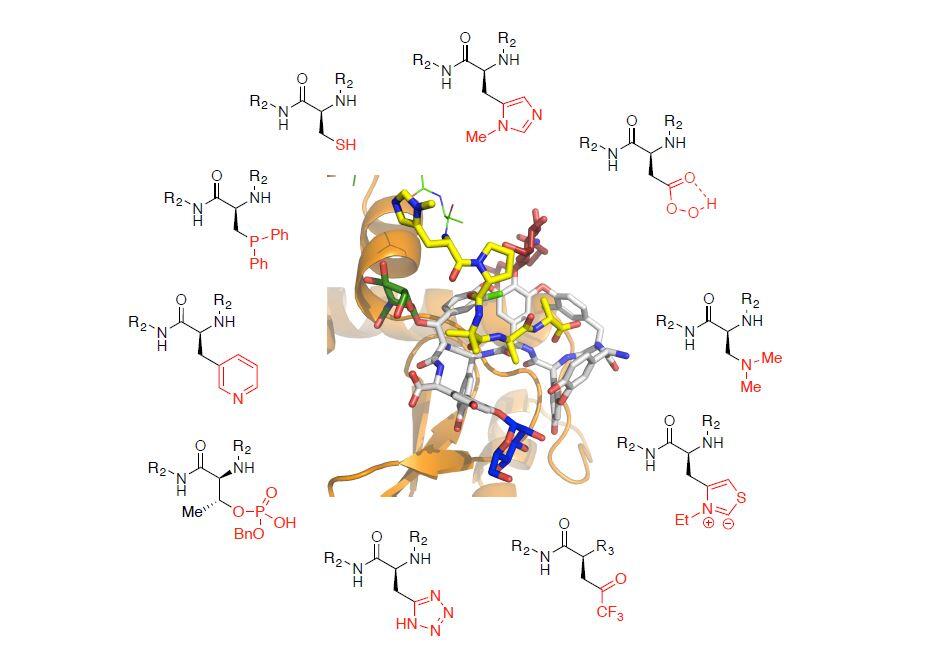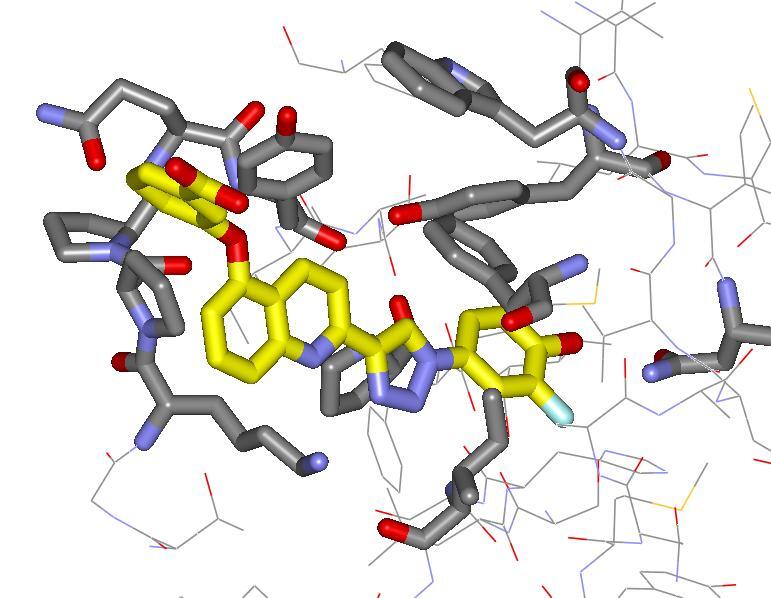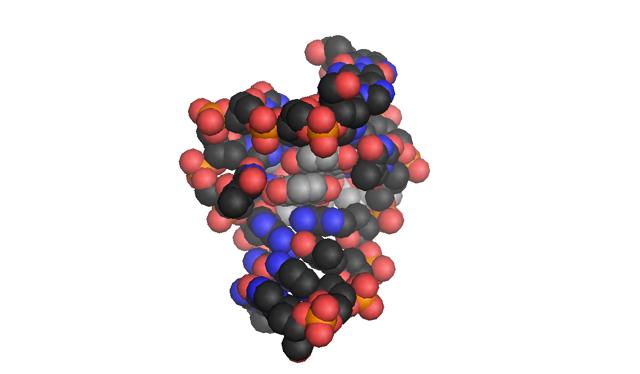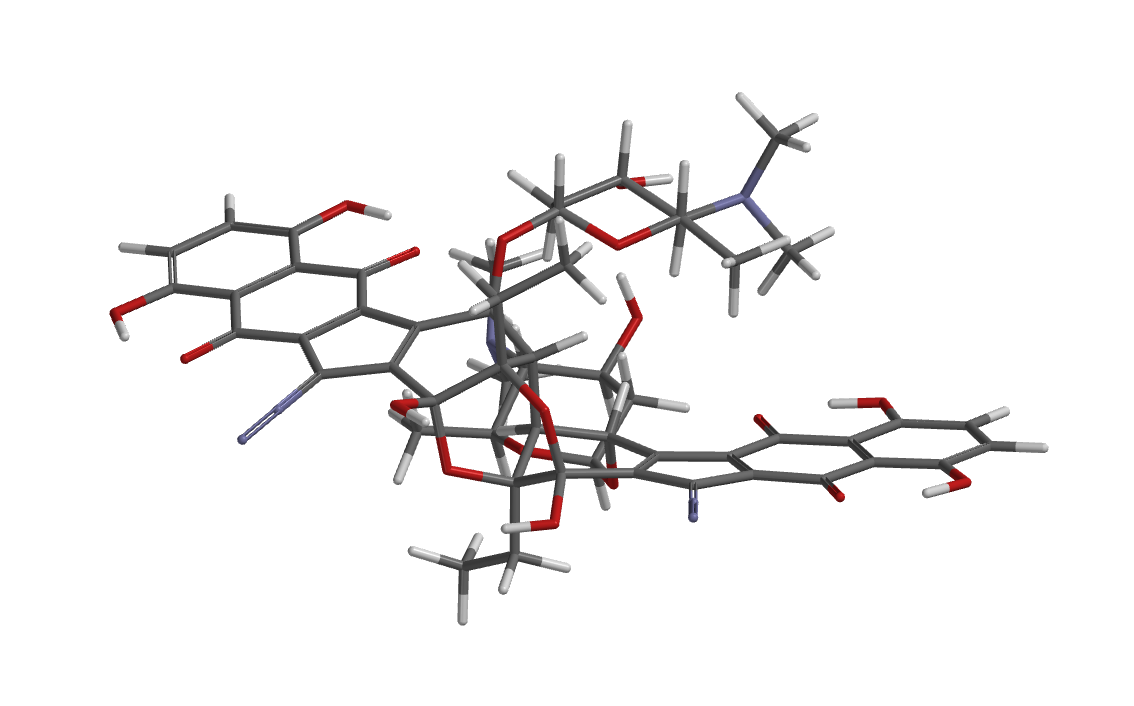Organic chemistry is in an exciting and transformative stage. On the one hand, it is an old field with roots that trace back centuries. On the other, it could be said to be in a golden age based on the speed of discovery, expert elucidation of reaction mechanisms linking structure and function, and seamless connection of fundamental science to translational impact in numerous industries from the pharmaceutical and biotechnology industries, to fine chemical production and manufacturing, and all the way to the many venerable and new fields advancing materials design, energy sciences and synthesis of a limitless set of useful substances. Organic chemistry is strictly considered to be the science of carbon-containing materials, with several addenda such that the molecules might also contain hydrogen, oxygen, nitrogen, sulfur, and other elements. Perhaps a more progressive definition might be that the field is concerned with the conception of, design of, synthesis of, and properties of molecules that fall into this type of elemental composition. Yet, when we layer into the field all of the mechanistic aspects that contribute to the structure and function of carbon-containing compounds, we immediately see a scientific discipline without horizon in terms of structure, function, and ultimately impact on life as we know it.
The discipline of organic chemistry at Yale stands on the shoulders of numerous pioneering figures who shaped our understanding of synthetic chemistry, physical organic chemistry. In addition, Yale organic chemists also included many figures who contributed to the dawn of the now-burgeoning field of chemical biology. All of these aspects of the field are presently under study throughout the department, in the most contemporary sense. Complex molecule synthesis, the development of powerful new reactions, discovery and applications of catalysis, pioneering approaches to computational chemistry fueling fundamental discovery and translational impact – all of these activities represent state-of-the-art activities in the department. The organic chemistry portfolio is also replete with collaborative work with other scientists at Yale, including many associated with the Yale Institute of Biomolecular Design and Discovery, the Yale School of Engineering and Applied Sciences, and the Yale School of Medicine.
The current foci under study in the field of organic chemistry can be ascertained through the many faculty research websites. Extensive research is underway throughout the vast landscape of the discipline, including many projects that also bridge to other disciplines as well.
Estimates of the number of conceivable organic compounds stagger the imagination, and range in the area of 1060 (Dobson, C. M. “Chemical Space and Biology” Nature 2004, 432, 824-828). Accordingly, the study of organic chemistry – from the standpoints of structural scope, mechanisms of molecular interconversion, and from the perspective of functional impact – seems the quintessential imagination-limited endeavor.
The Chemistry Department’s focused and interdisciplinary nature makes the opportunity to contribute across the field an exciting and high-probability enterprise.



